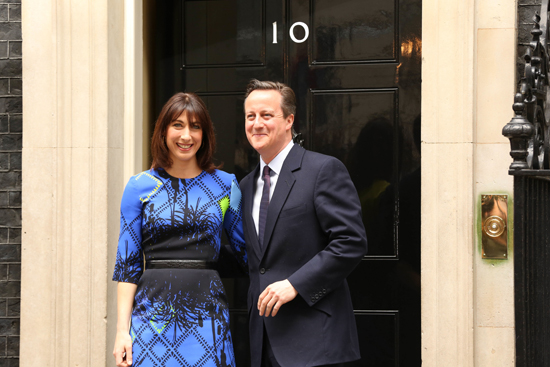The question on everyone’s lips has been about the pollsters. “How did they get it so wrong?” people have been asking, ever since the first results were announced in the early hours of Friday which confirmed the surprising apparent implausibility of the exit poll. It is the wrong question, because the polling organisations didn’t get it wrong. They recorded what they were being told by the punters.
What they were not measuring and therefore couldn’t record was what they hadn’t been told. And that was how many people out there had not made up their minds how to vote and perhaps did not even do so until they picked up the stubby HB pencil and gazed at the plywood blankness of the polling booth’s intimate privacy.
 The polls told us what was going to happen in Scotland. I believed it and wrote as much in The Tablet. The historic link between Labour and the Catholic vote in Scotland could be seen to be outdated when measured against the fervour for nationalism; in 2015 the radical anti-establishment youthful protest vote belongs to the SNP, not the dear old Labour Party, which only pays attention to Scotland when it needs their support.
The polls told us what was going to happen in Scotland. I believed it and wrote as much in The Tablet. The historic link between Labour and the Catholic vote in Scotland could be seen to be outdated when measured against the fervour for nationalism; in 2015 the radical anti-establishment youthful protest vote belongs to the SNP, not the dear old Labour Party, which only pays attention to Scotland when it needs their support.
The polls told us Nigel Farage would lose (volatile electorate) and Nick Clegg would hang on (tactical voting) but the Liberal Democrats would be almost wiped out. They all showed that UKIP would not only cut into the Conservative vote but would cost Labour seats they could have won (Gloucester). They universally concluded that the result would be a dead heat between the Conservatives and Labour and yet only indicated peripherally how many voters were still undecided and, crucially, how much those people would be affected by the fear factor of the Scottish Nationalists calling the shots if Ed Miliband tried to form a government.
The polls are very sophisticated but they need to be read with judgement. Too many people took from the polls what they wanted, often allowing optimism to exceed harsh truths. Miliband ran a good election campaign but remained personally unconvincing. David Cameron ran a bad campaign but had the benefit of incumbency.
However credible the Labour message, I couldn’t see how Ed could overcome his awkwardness. “Can you see him at the White House?” people kept asking me. Just as they used to about Neil Kinnock. In 1992 I heard Kinnock on the radio on election day and knew from his tone of voice that he knew he had lost. I went on national television as voting ended at 10 pm and forecast there would be a Conservative overall majority to the astonishment of the pollster who sat beside me. It was my instinct and I’ve learned to trust it.
I couldn’t see how the votes were going to divide up last night, but for many weeks now I have felt instinctively that it was Dave, not Ed, who would be the next prime minister. I have said so repeatedly and written as much besides. I have argued with my exasperated friends who are polling experts that their figures are all very well, but it is not about science. It is interpretation plus instinct that matters.
Julia Langdon is a political journalist
Photo: PA


 Loading ...
Loading ...
What do you think?
You can post as a subscriber user ...
User comments (2)
If Julia thinks people would have a problem with Ed Miliband being at the Whitehouse, what does she think of the prospect of Boris Johnson leading out nation?
At least it would give something for the rest of the world to laugh about but the diminution in our credibility within the world community hardly bears thinking about.
exchanging post-election comments with female friends, I found a striking consensus that Cameron would win - but women were few and far between commenting on the election, and even thinner on the ground immediately before, or immediately after. when I hazarded that Cameron could well get an overall majority (on a monocle radio panel a week before the election), I was practically laughed out of court.
observation: instinct may be part of it, but another part is actually being out there in the real world, not in the bubble with the boys on the bus.